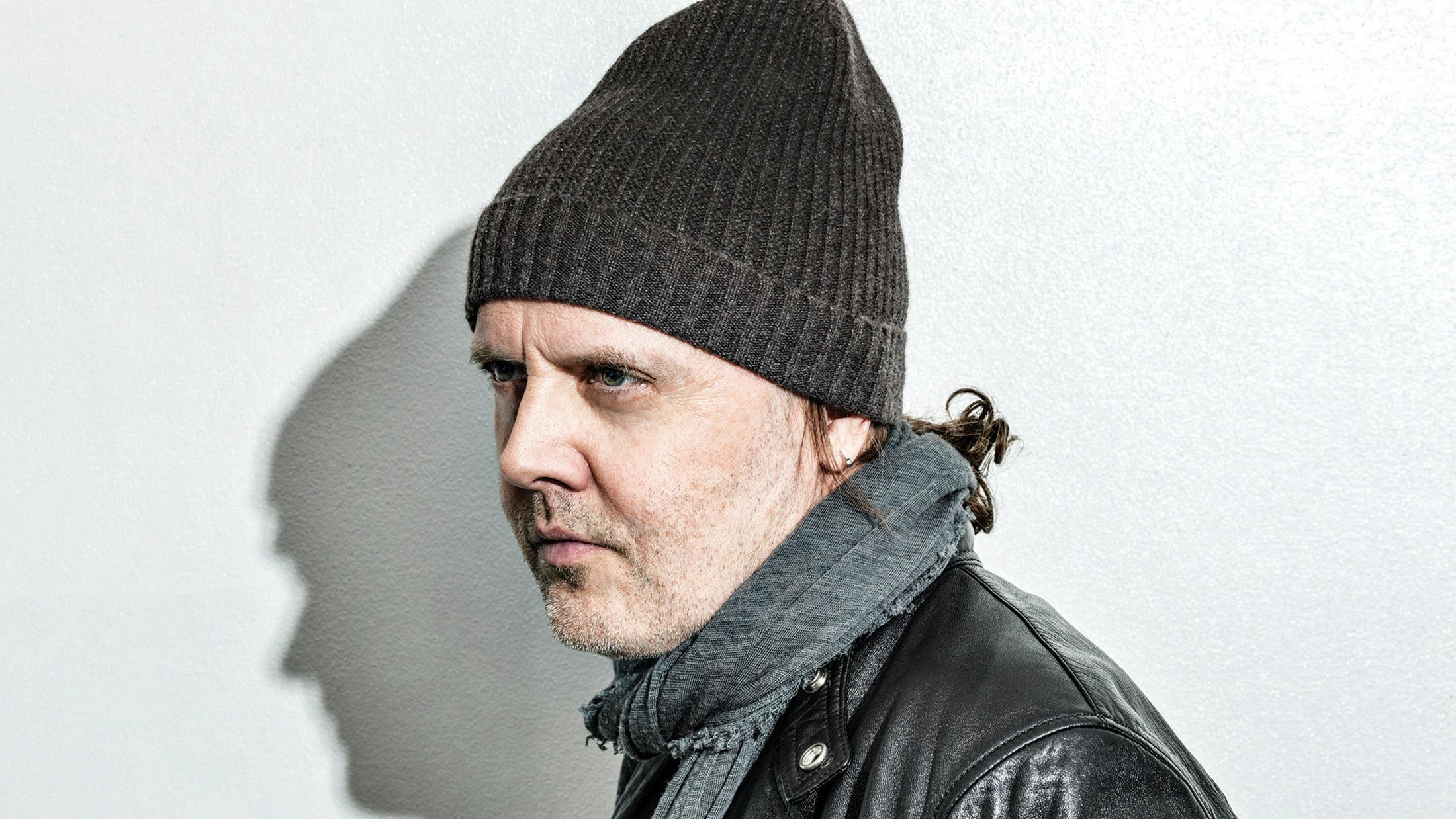As his chances of a career as a pro sportsman faded, the teenager’s love of metal rapidly blossomed. He’d read about bands like Saxon, Iron Maiden and the NWOBHM scene in magazines like Sounds and its then-fledgling offshoot, Kerrang!.
“Most of what I know about heavy metal now came from that world,” he says. “It was how you’d communicate and it was the first place I saw the words Diamond Head, Angel Witch, Tygers Of Pan Tang and the list goes on…”
Metal gave the young Lars a place of solace and comfort in a city where he left lonely and isolated. He’d dream of this exotic other world he’d read about, filled with likeminded fanatics. So much so, he ended up spending the summer of ’81 travelling around England, crashing on the floor of the apartment shared by Diamond Head’s singer and guitarist, Sean Harris and Brian Tatler, and later striking up a friendship with late Motörhead legend, Lemmy Kilmister. “Being in the rock’n’roll environment just kinda turned me on,” he says of those pivotal rites of passage.
A few months later he was back in LA and he’d caught the bug so bad he put an ad in the local paper, Recycler, looking for “other heavy metal musicians” to join his quest, and once he met James, the rest was pretty much history. But it was in large part down to the drive, determination and sheer force of will the drummer displayed in making things happen.
“When you’re 17, you have these fucking blinders on,” he recalls with a smile. “Nothing fazes you. When James and I started this thing, nothing slowed us down. Even in the wake of the horrific accident that took Cliff [Burton, the Metallica bassist who tragically died at the age of 24 in a bus crash while the band were on tour in Sweden on September 27, 1986]’s life, no matter what situation we were in, this was always going to move forward.”
The young Lars saw an opportunity to create and be a part of history, because he was so steeped and immersed in the mythology of metal, and he was living and breathing every moment of it. It gave him an identity, it gave him a place to call home and he was in it for life.
“We were all outsiders, alienated, ostracised and disenfranchised,” he explains. “So, you’re trying to figure out who you are, what your place is in all of this while you’re growing up and you’ve got your gang. There’s one way, there’s this uniform, it’s a brotherhood and a collective: you live together, sleep together, play together, drink together, and you fuck together. Those years were crazy. It was a lot of fun and I’m grateful for the memories.”
Then, after millions of records, endless touring, worldwide fame and over two decades of doing it harder, faster and better than anybody, came the inevitable crash.
